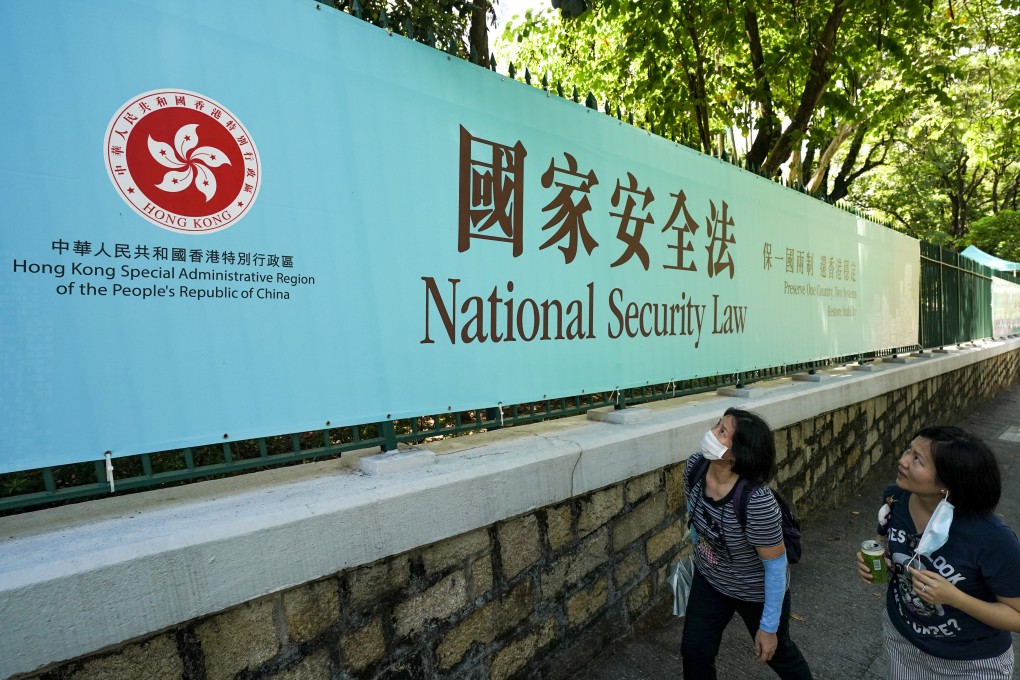Advertisement
Hong Kong national security law: lawyers warn of loss of checks and balances on police power as rules remove traditional judicial safeguards
- Former public prosecutors among those to express concern about lack of oversight
- Law also leaves those mistakenly caught up in investigations little room for redress, lawyers say
Reading Time:4 minutes
Why you can trust SCMP

Key points:
● Under the new powers, police can search premises without a warrant when “not reasonably practicable” to do so, intercept communications with the chief executive’s permission, ask foreign and Taiwan political organisations to hand over details, and take down online messages deemed threatening to national security
● Hong Kong officials have dismissed concerns, arguing the additional powers are similar to other powers already granted to law enforcement under existing local statues
Advertisement
● Lawyers and the city’s officials are still locked in a debate on whether the new powers can be judicially reviewable

05:50
What you should know about China's new national security law for Hong Kong
What you should know about China's new national security law for Hong Kong
Senior Hong Kong lawyers have warned of fewer judicial safeguards and limited channels to seek redress, a day after the sweeping powers given to the police unit charged with implementing the new national security law were made public.
Advertisement
Several law enforcement powers, traditionally requiring a judge’s approval, can now be signed off by the city’s leader or high-ranking police officers in investigations relating to national security, lawyers have said.
Advertisement
Select Voice
Choose your listening speed
Get through articles 2x faster
1.25x
250 WPM
Slow
Average
Fast
1.25x